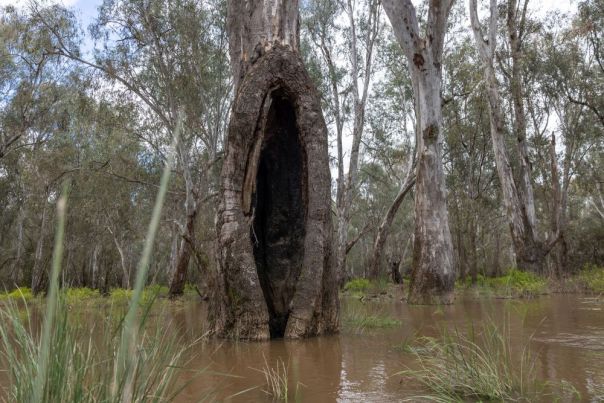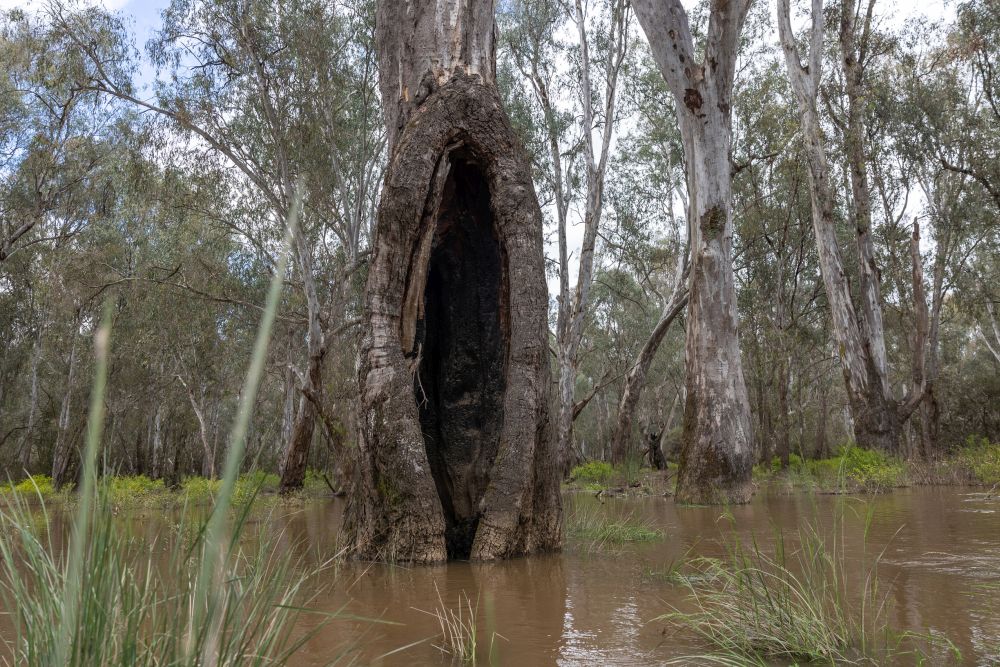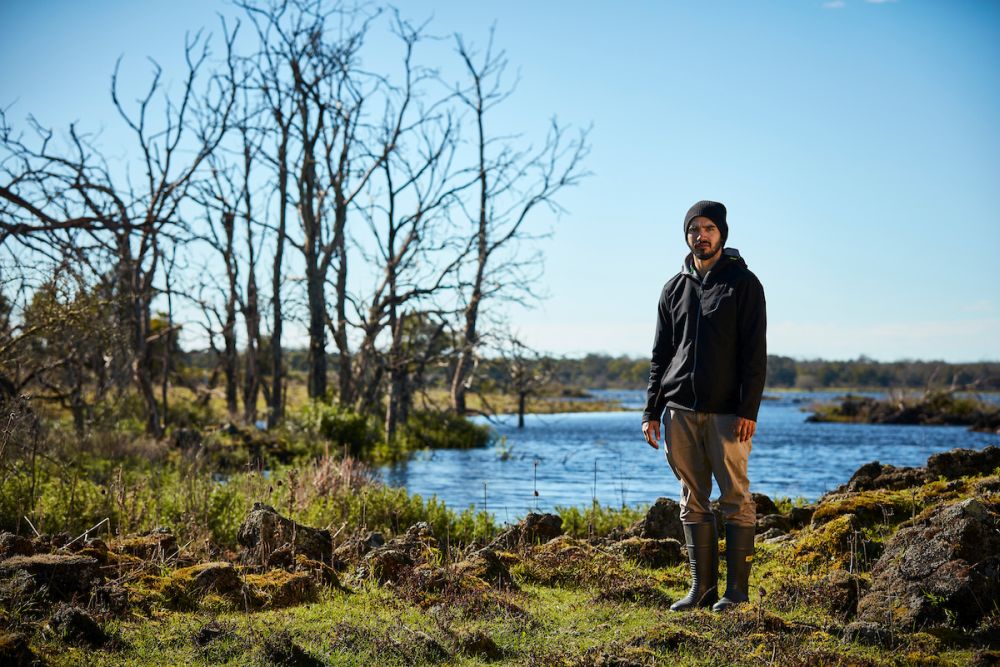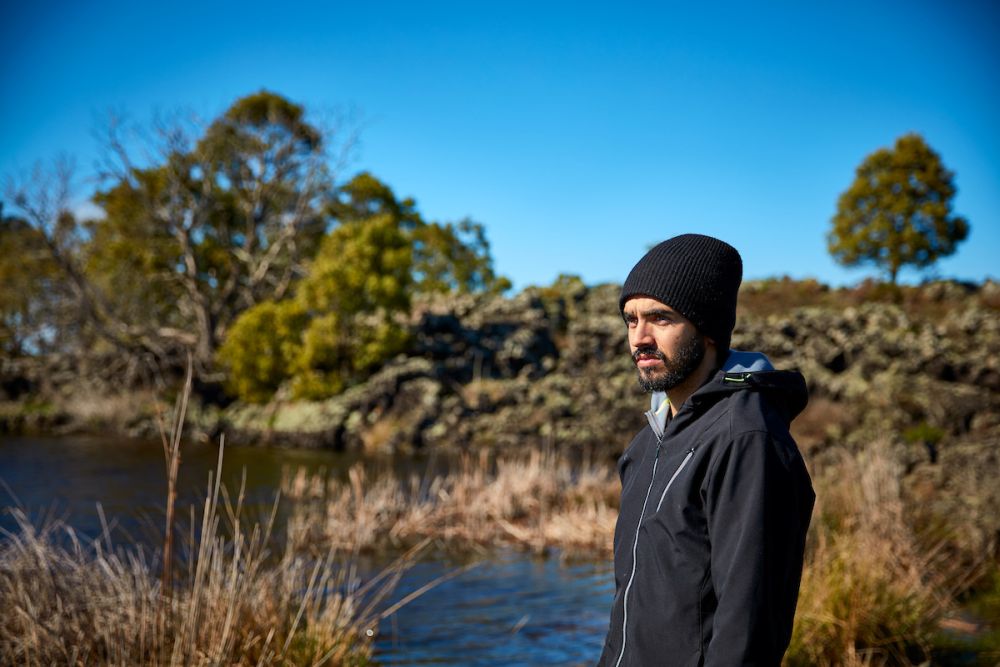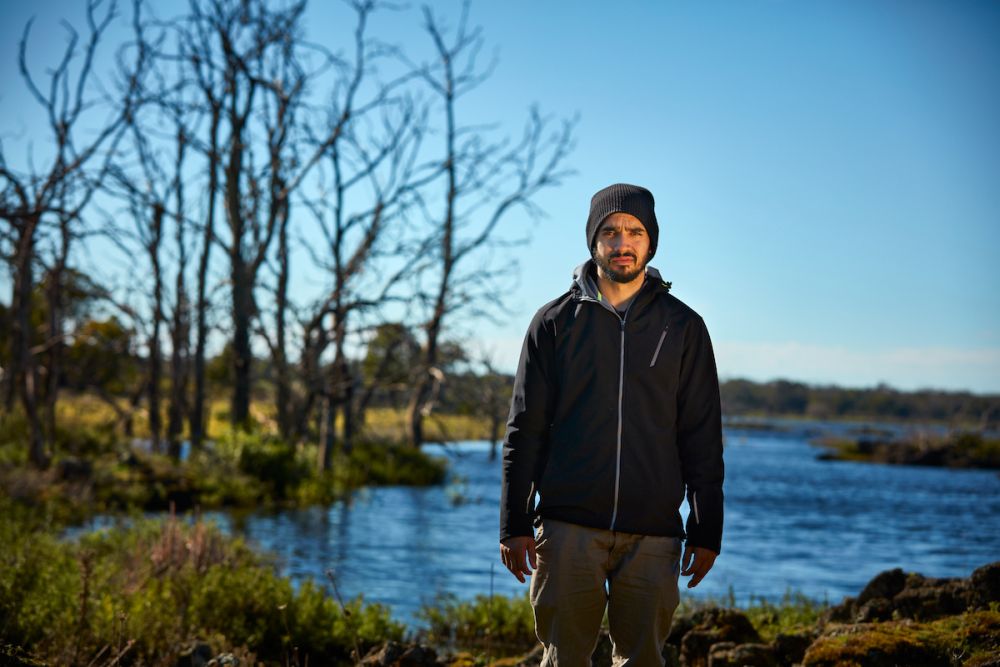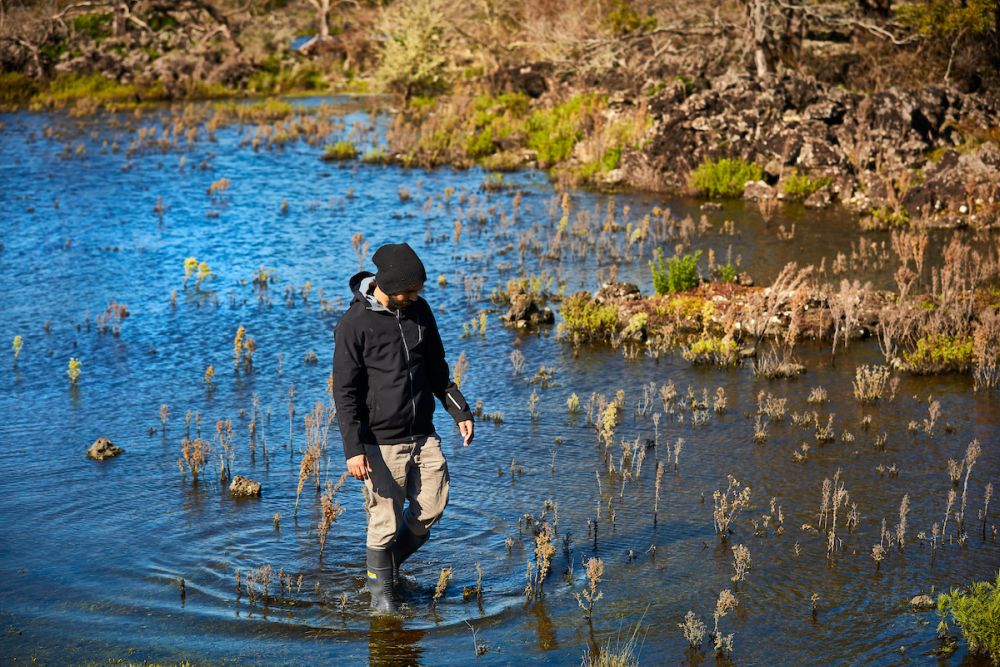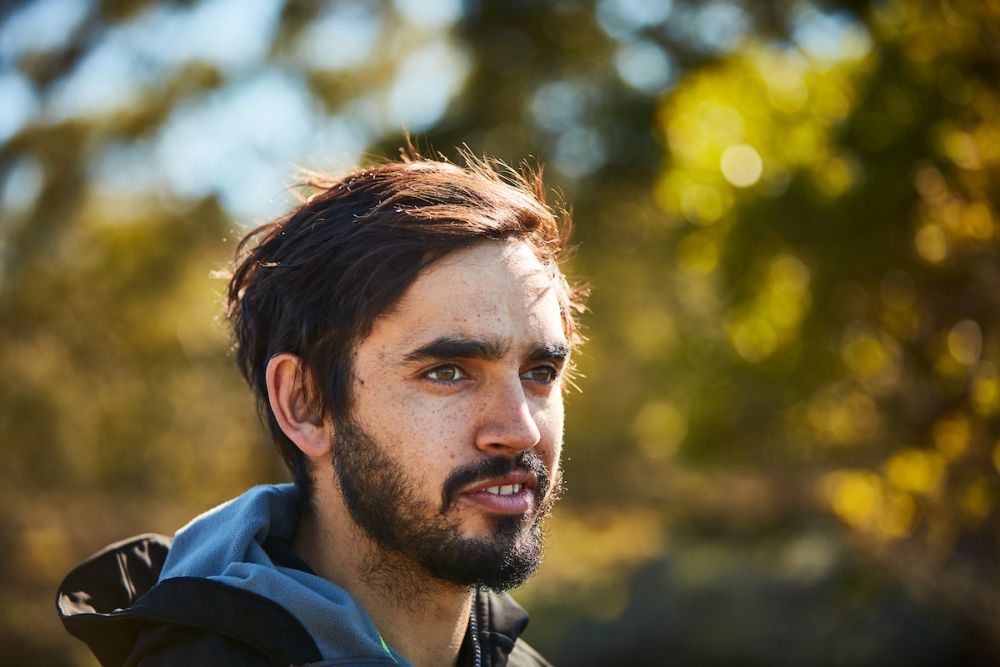WARNING: Aboriginal and Torres Strait Islander readers are warned that the following page may contain images, quotes or views of deceased persons.
Traditional Owners and water
Waterways and their surrounding environment are culturally and spiritually significant to Traditional Owners. Country, including water, is strongly interconnected with language, sacred places and ceremonies.
Because of this, the plants and animals that live in and around waterways are significant to Aboriginal people. This connection is important to the physical health and mental wellbeing of Aboriginal people.
Various strategies and First Nations-led methodologies have been funded to sustainably manage Victoria’s waterways and catchments. These strategies also consider the values and uses of Aboriginal and Torres Strait Islander peoples. These include:
- Cultural mapping, which involves Traditional Owners identifying and documenting local cultural resources and sites of significance.
- Seasonal Watering Plans, which guide decisions on the delivery of water to the environment through rivers and wetlands. This also considers cultural values and uses that are supported by a healthy waterway.
- Aboriginal Waterway Assessments that assess the environmental and cultural health of watering places on Country led by Traditional Owners.
- Cultural flows assessments, which enable Traditional Owners to document the spiritual, cultural, social, economic and environmental values and uses for a place. These also identify how much water is needed to protect and sustain those values and uses. Traditional Owners have rights to cultural flows and the right to be involved in decision-making about the management of water on Country.
Aboriginal Water Program
The Aboriginal Water Program is a partnership between the Department of Environment, Energy and Climate Action (DEECA) and Traditional Owners to manage waterways and catchments across the state.
The program works to better involve Traditional Owners in decision making around water management. This reconnects communities to water for cultural, economic, customary, and spiritual purposes.
There are many completed, current and ongoing projects across Victoria. legislation includes requirements to consider Aboriginal uses and values of waterways (Traditional Ecological Knowledge) in managing these natural assets.
Elise Hull works in the Aboriginal Water Unit at the Department of Energy, Environment and Climate Action (DEECA). She is an Adnyamathanha and Arabana woman and here she discusses her role in caring for Country and her journey to this important career in water and what it means to her as an Aboriginal Australian.

